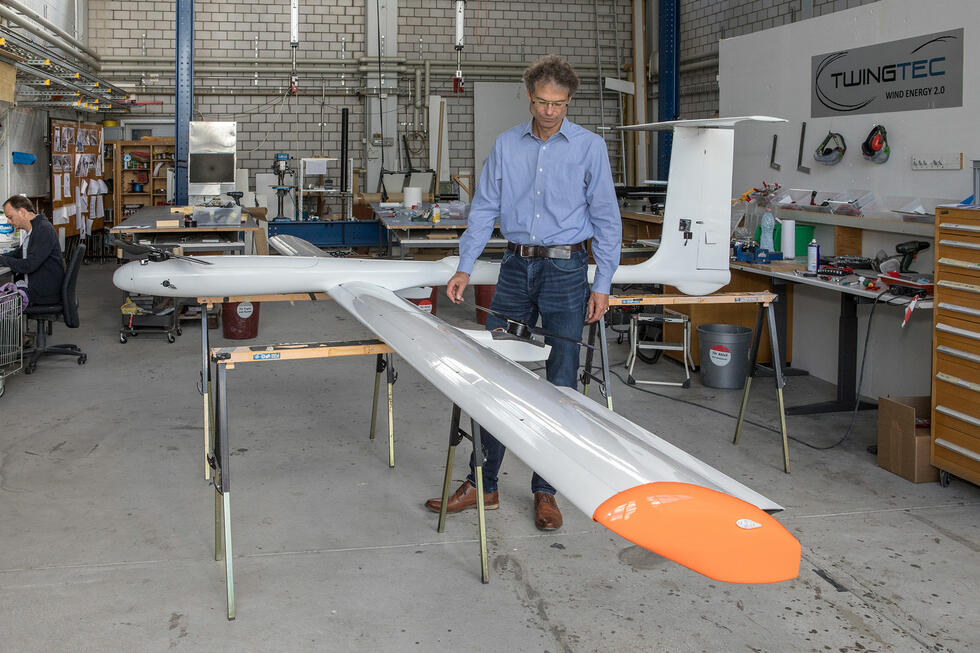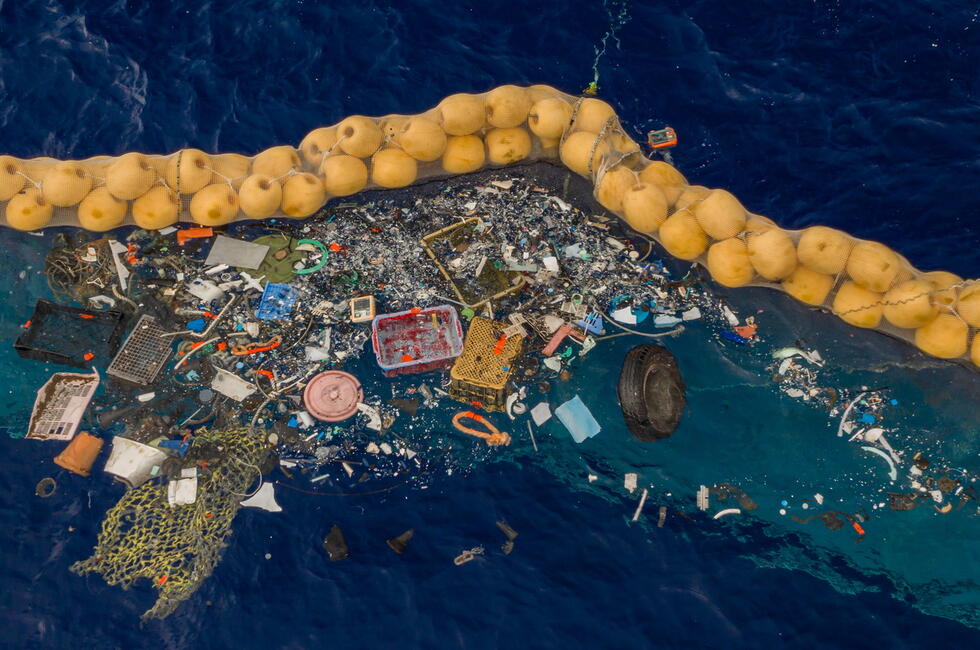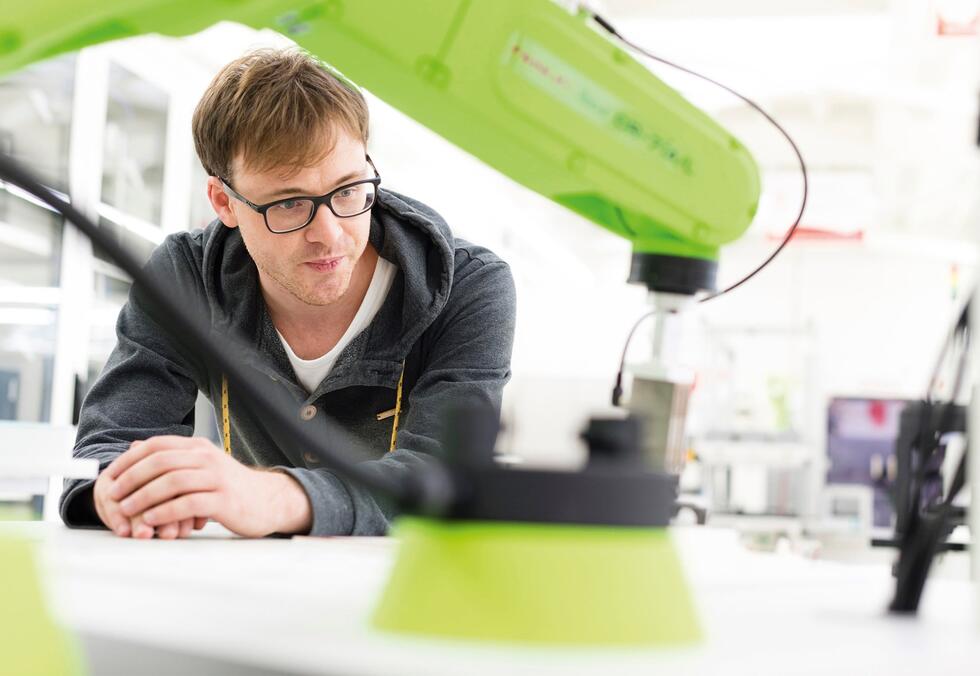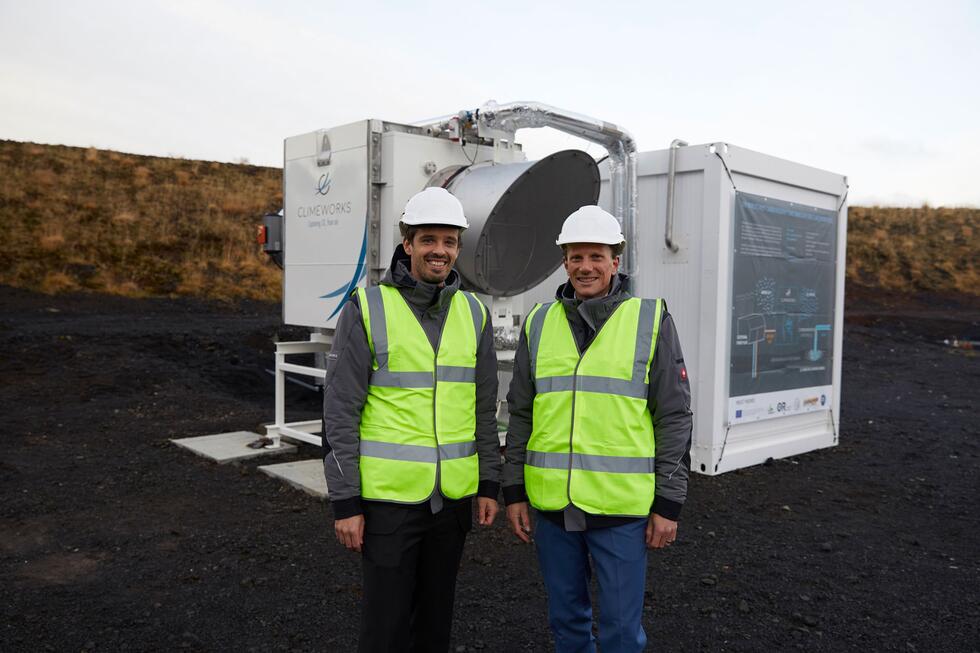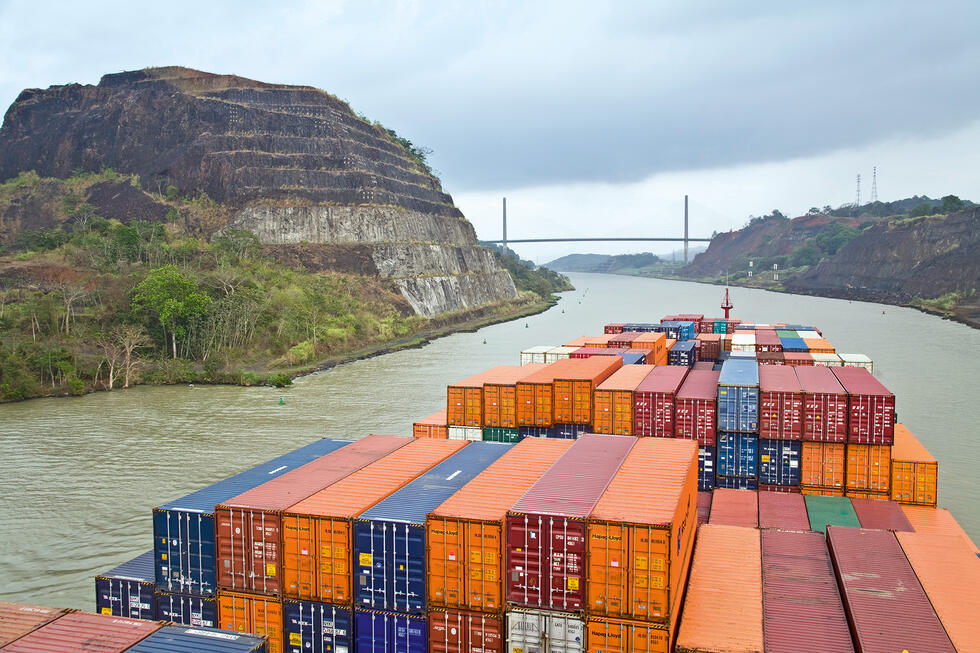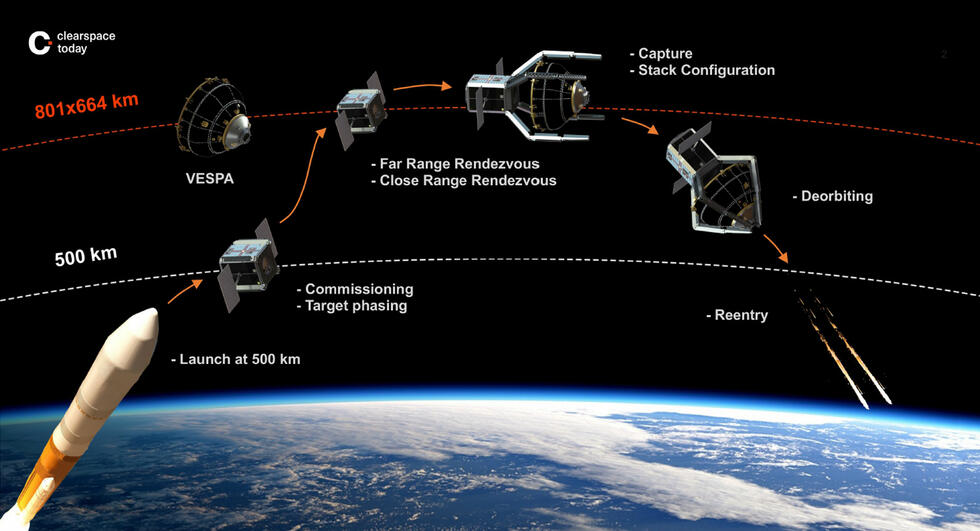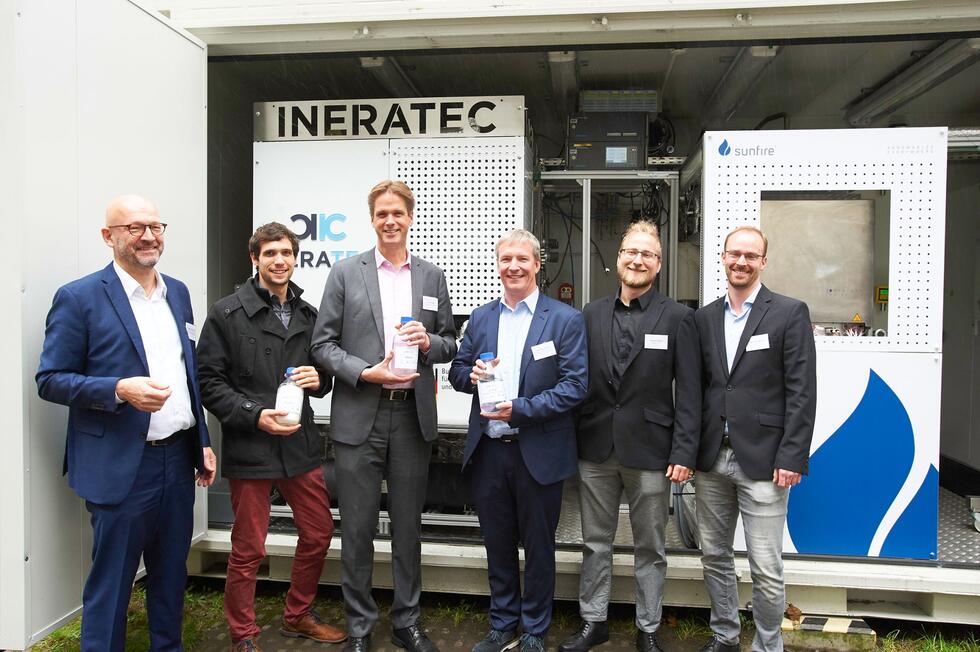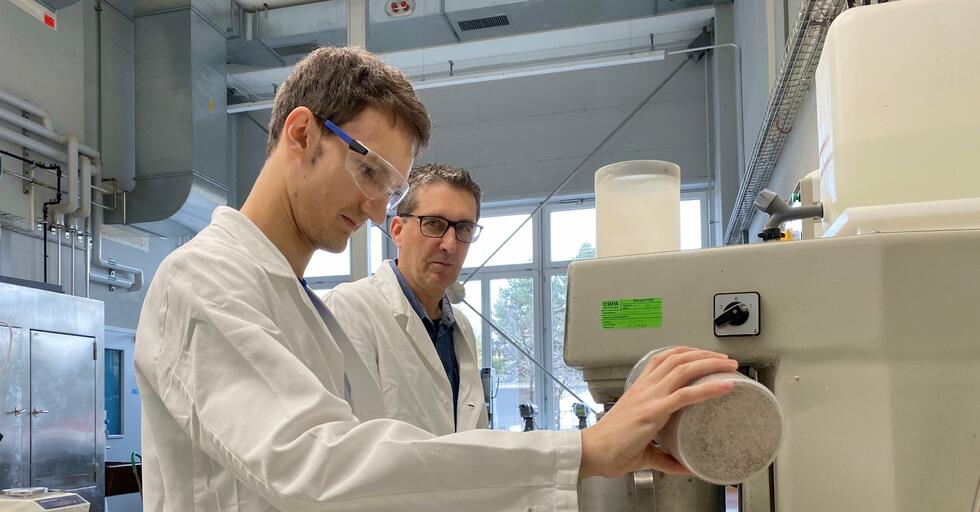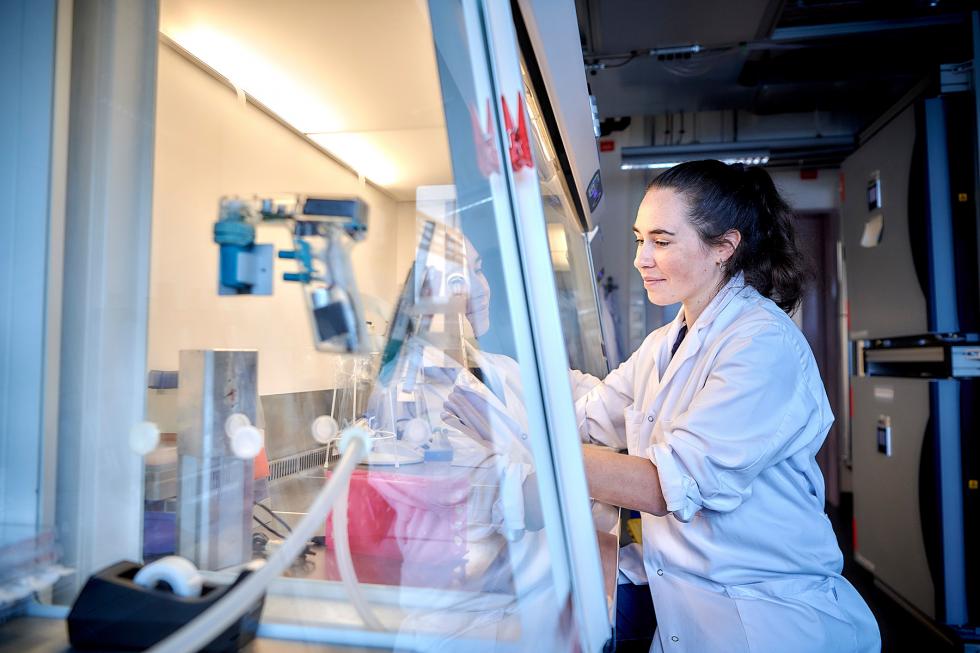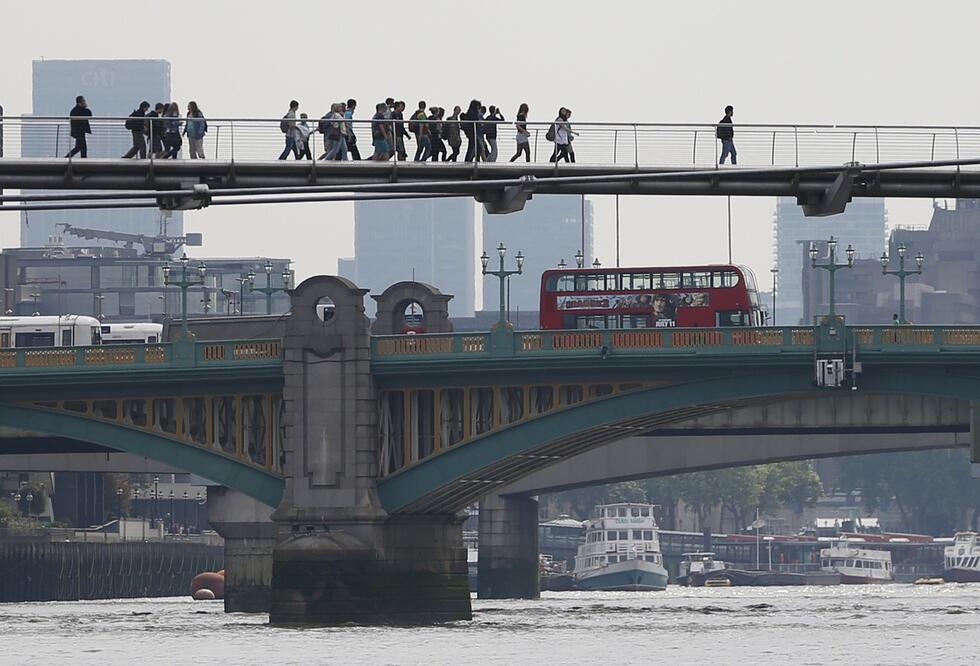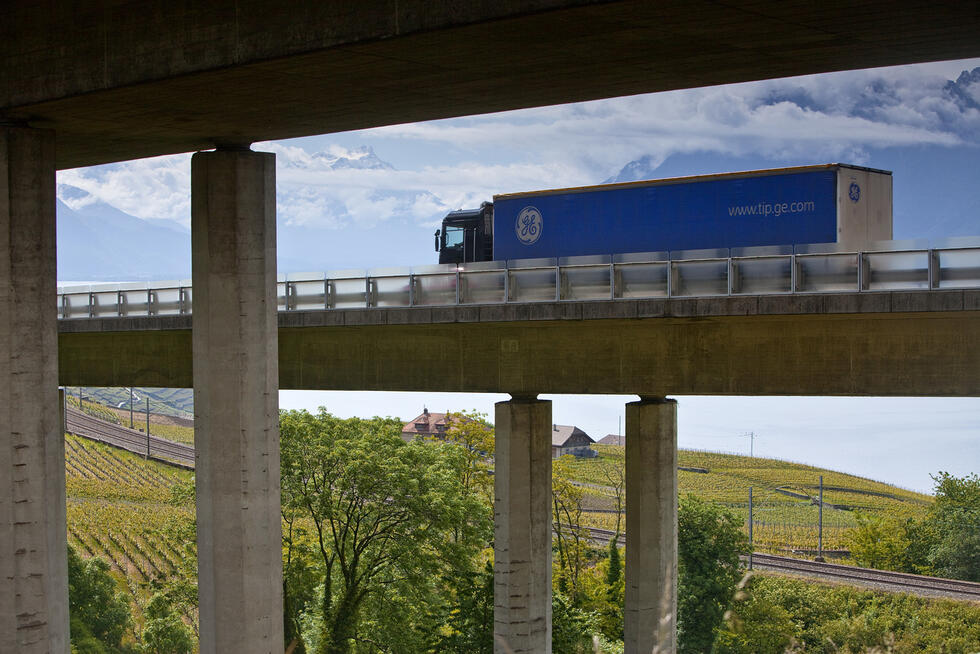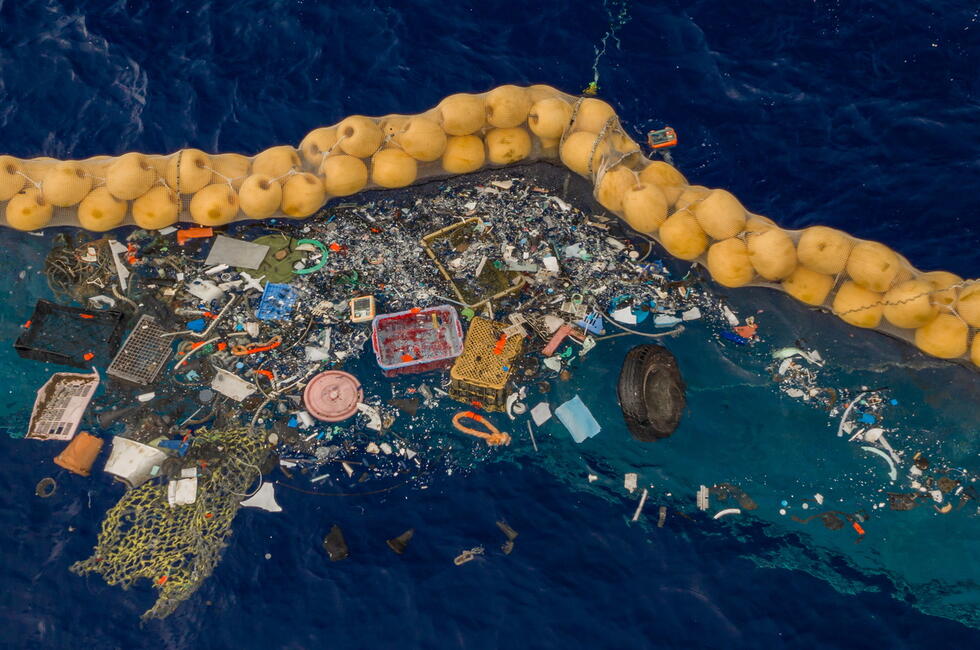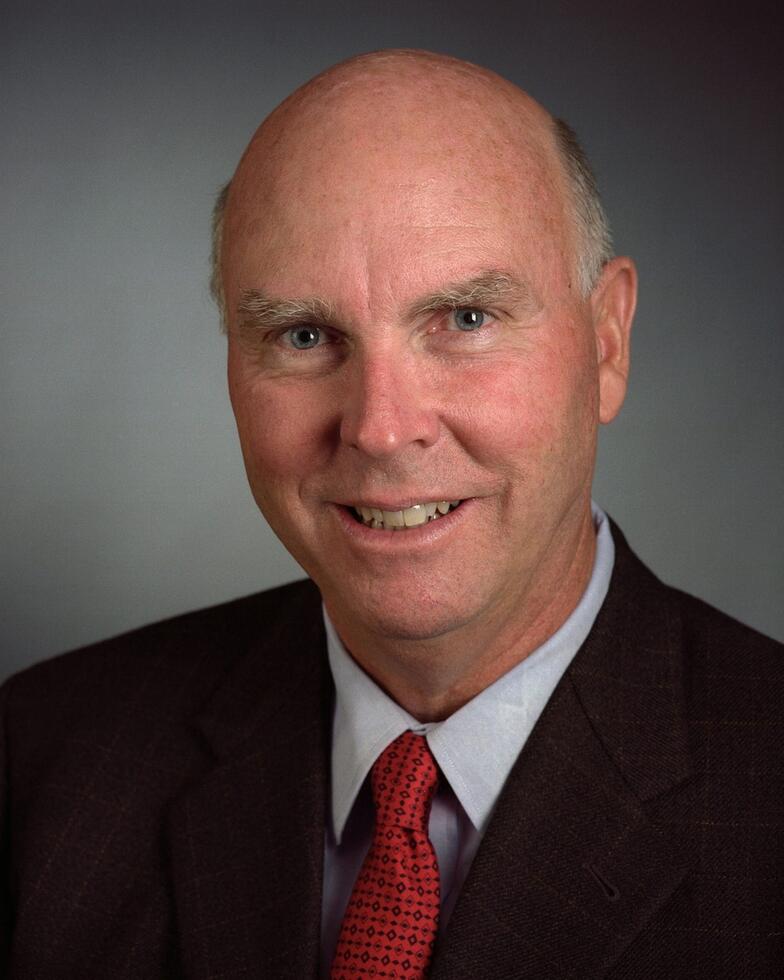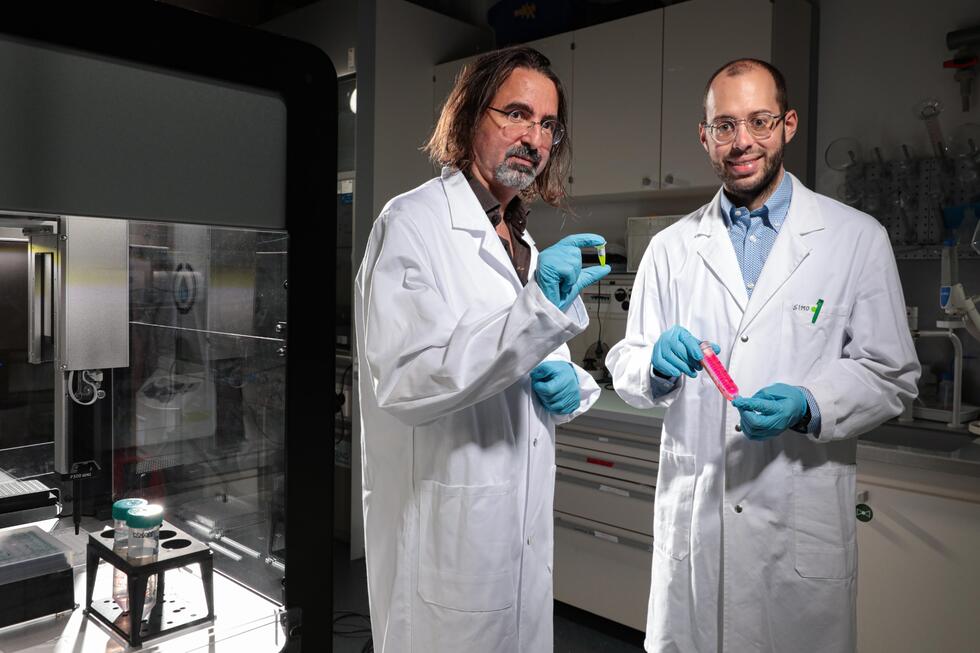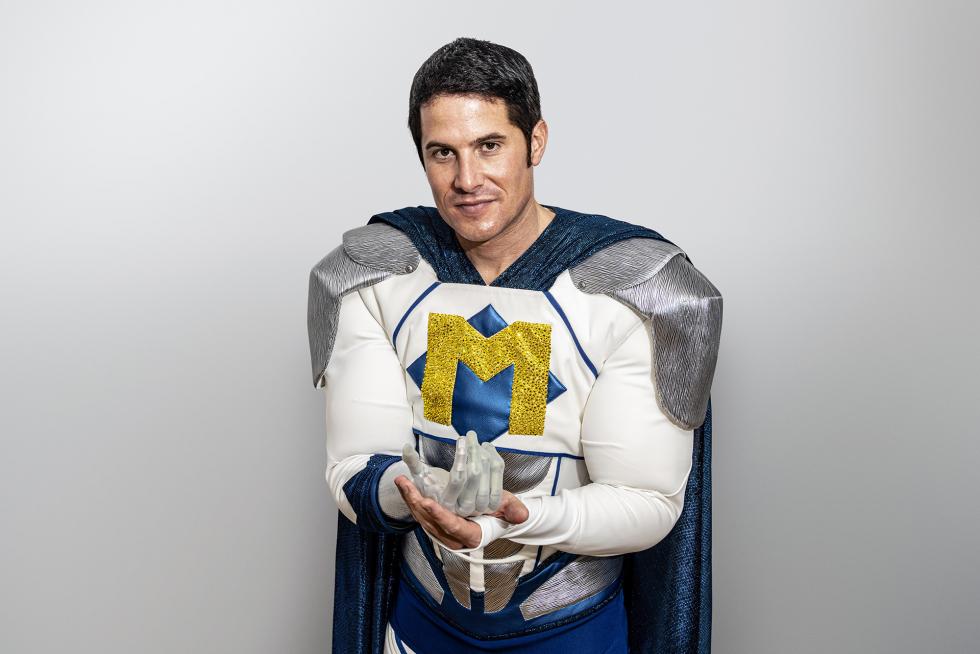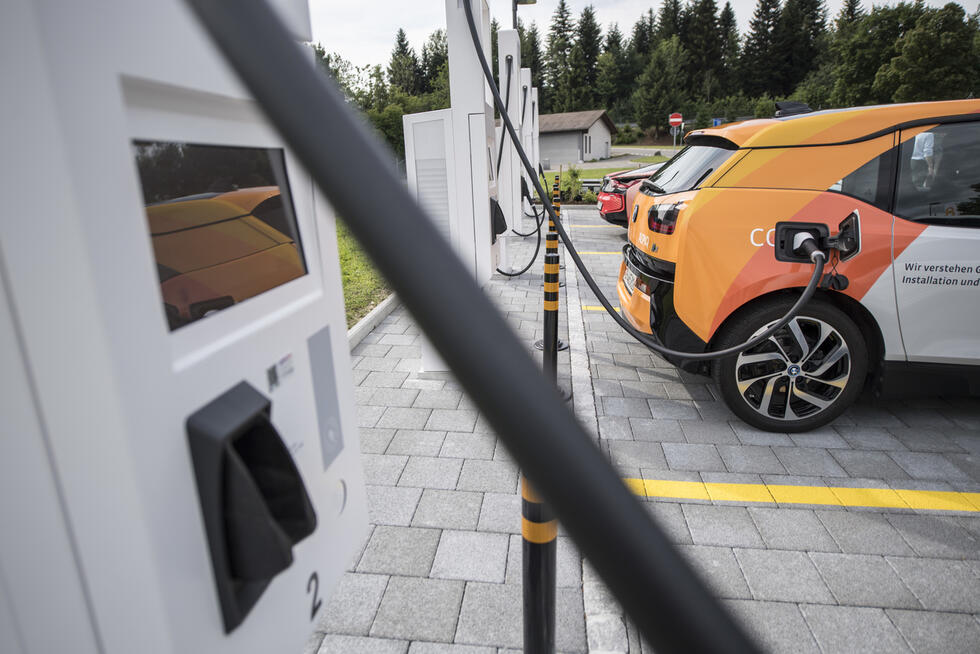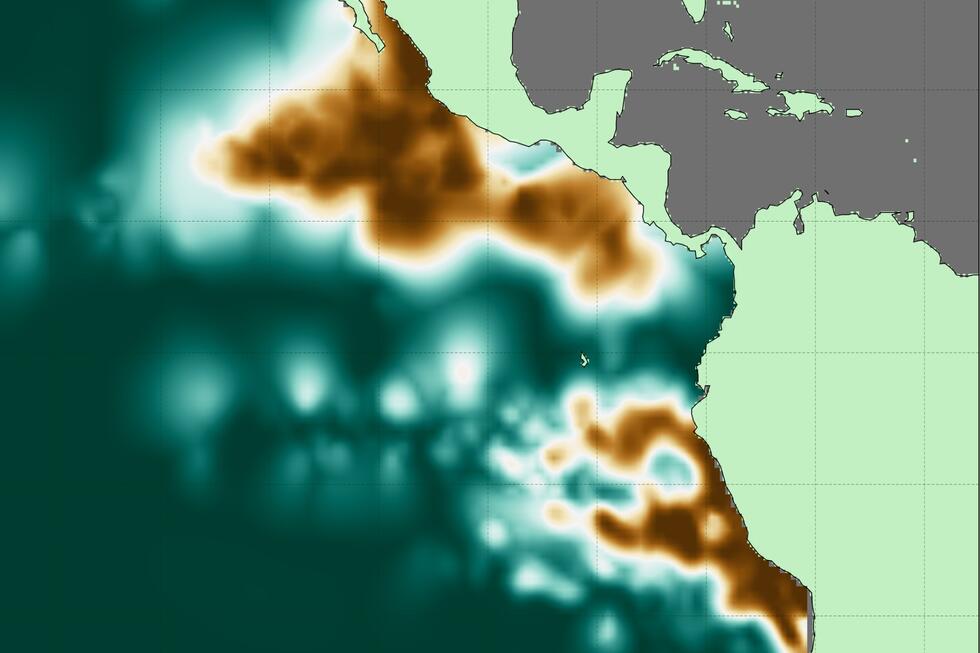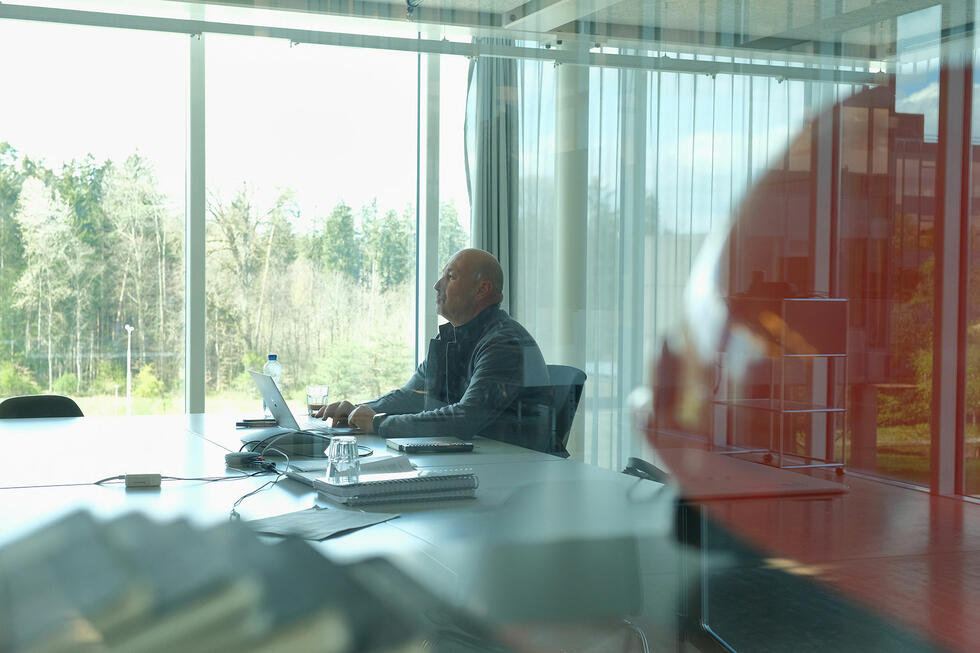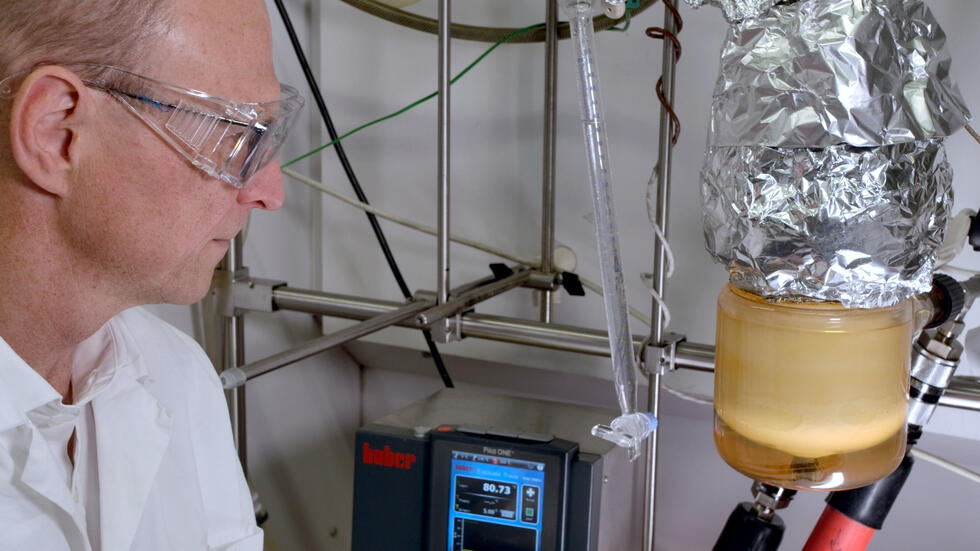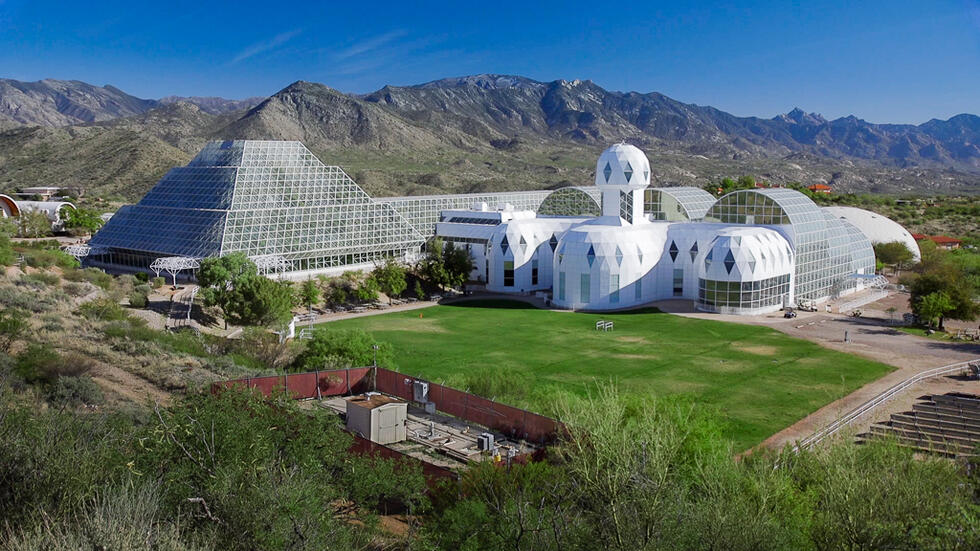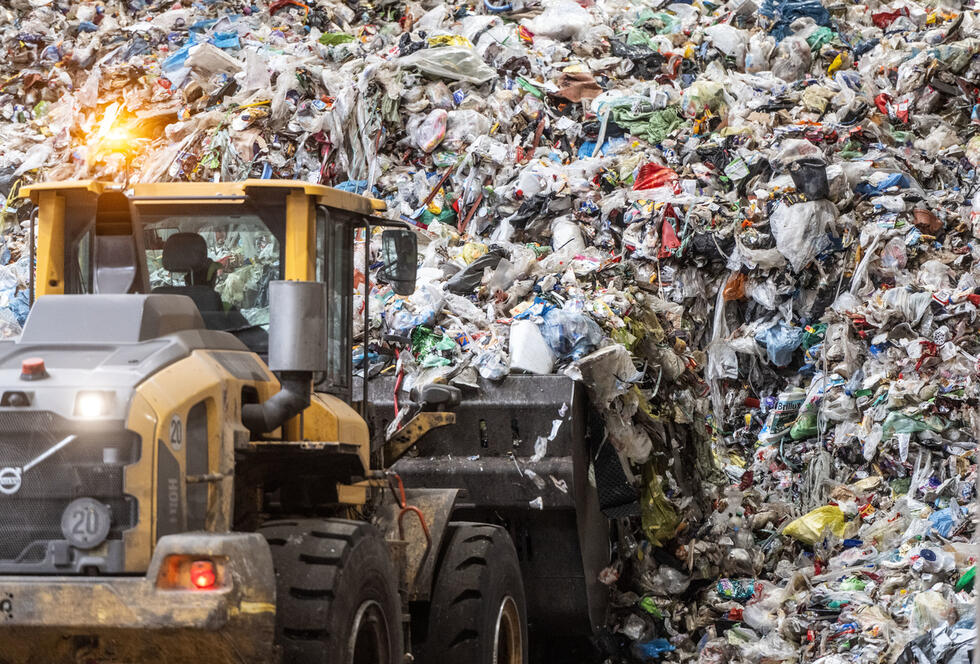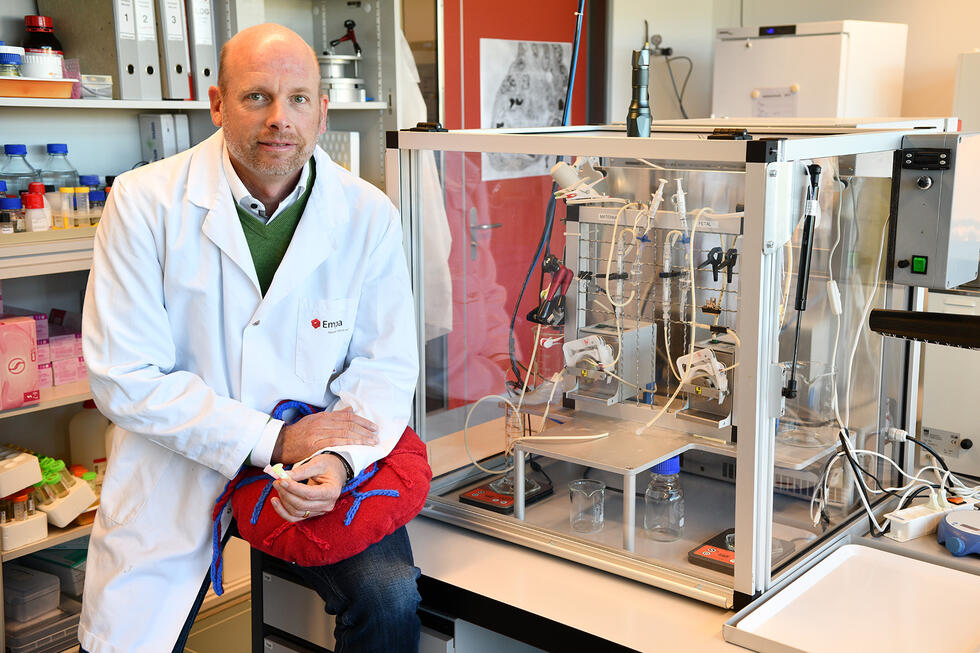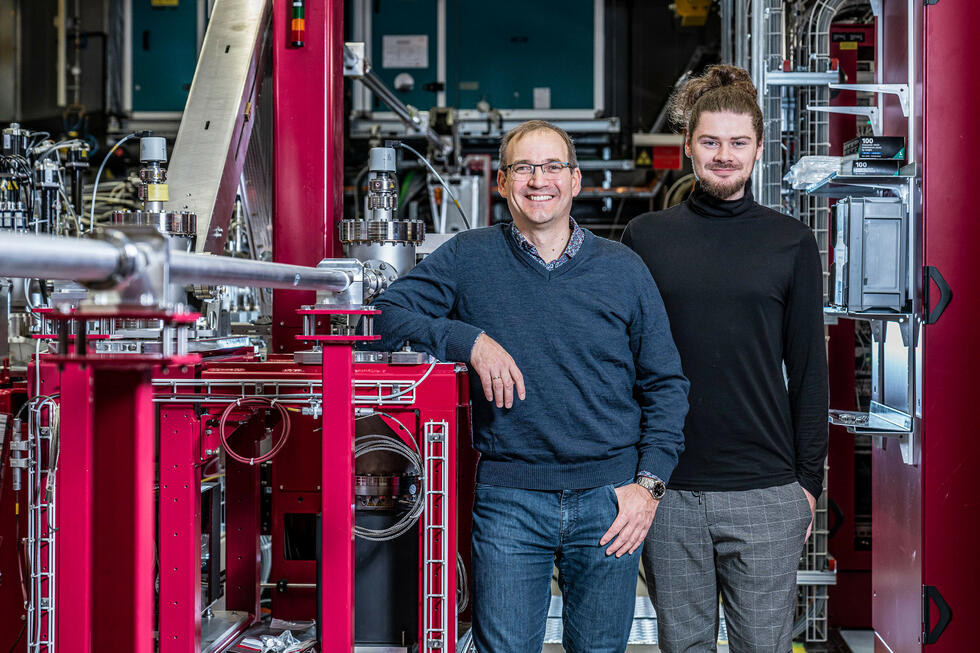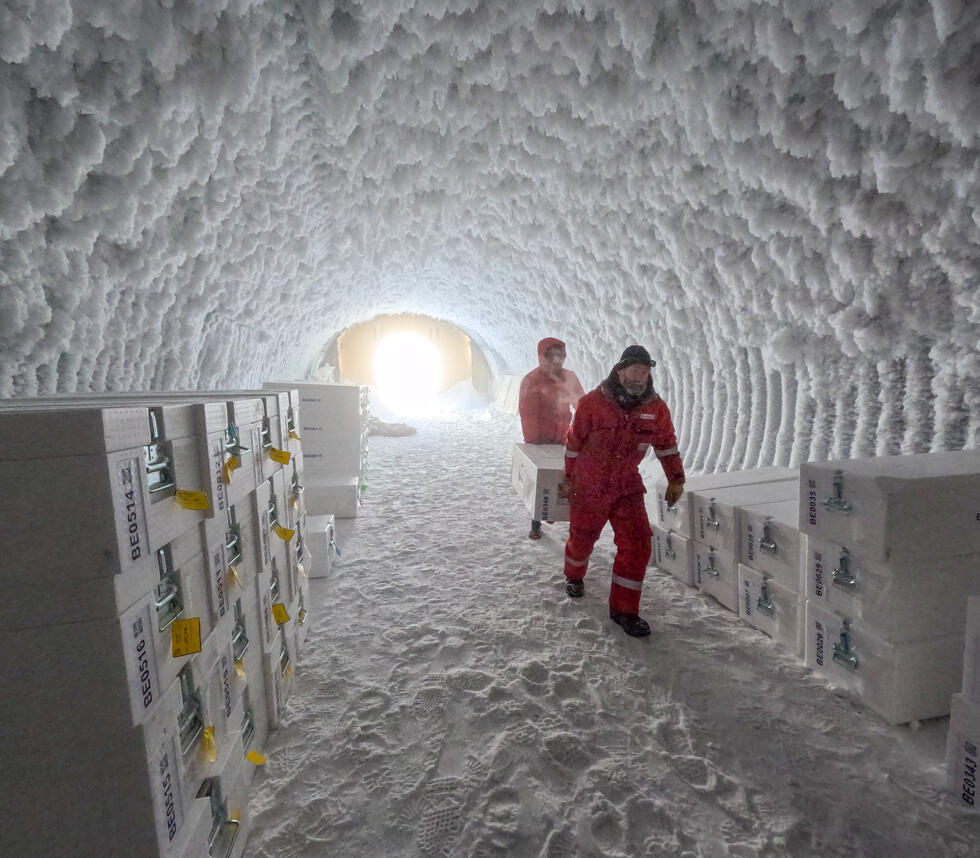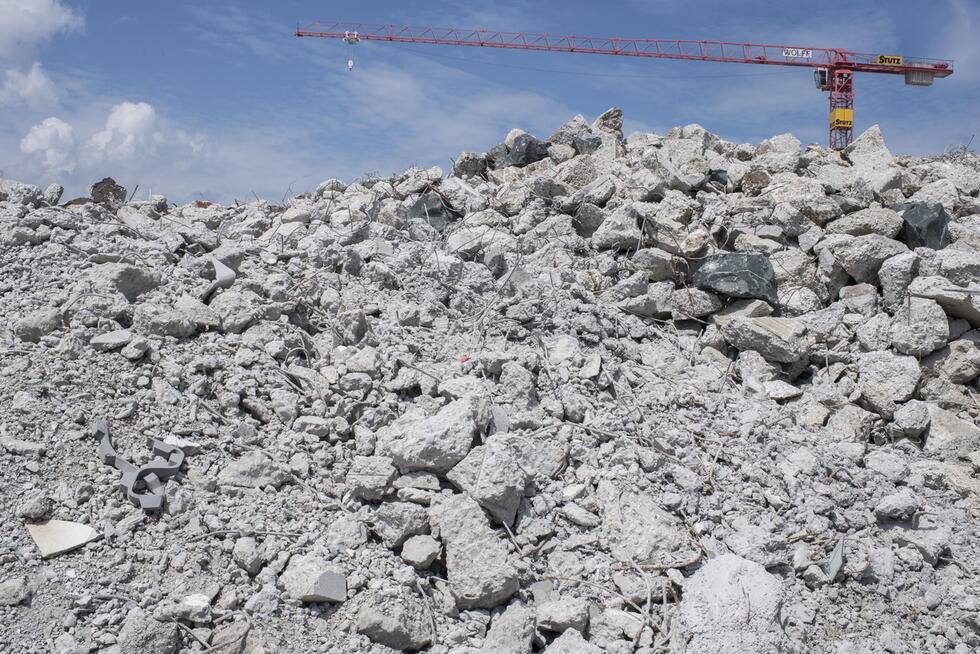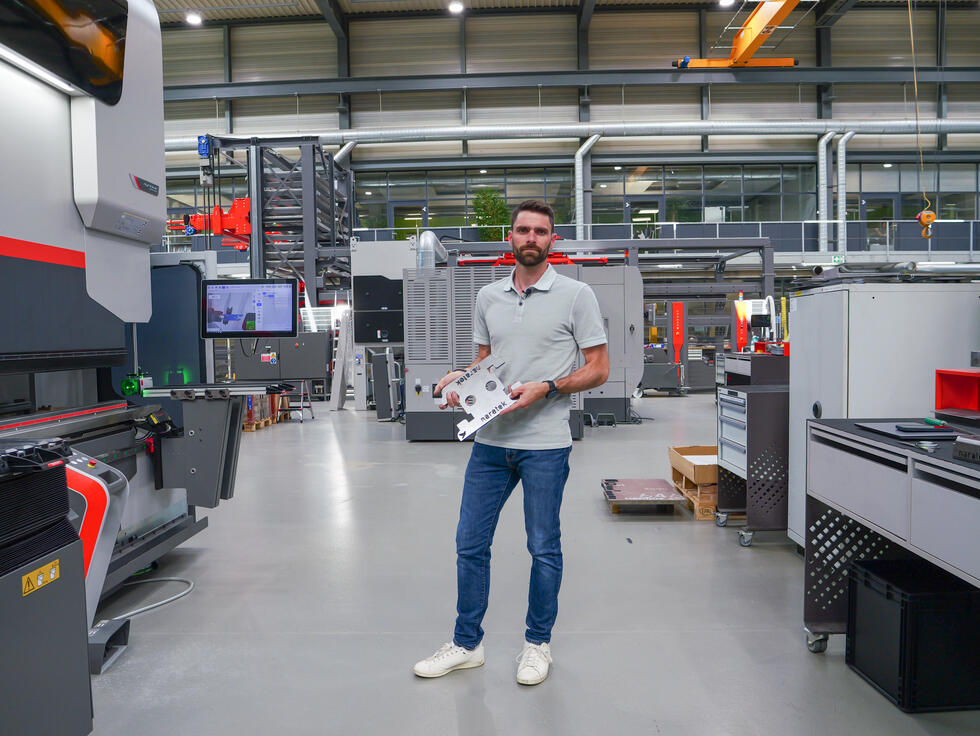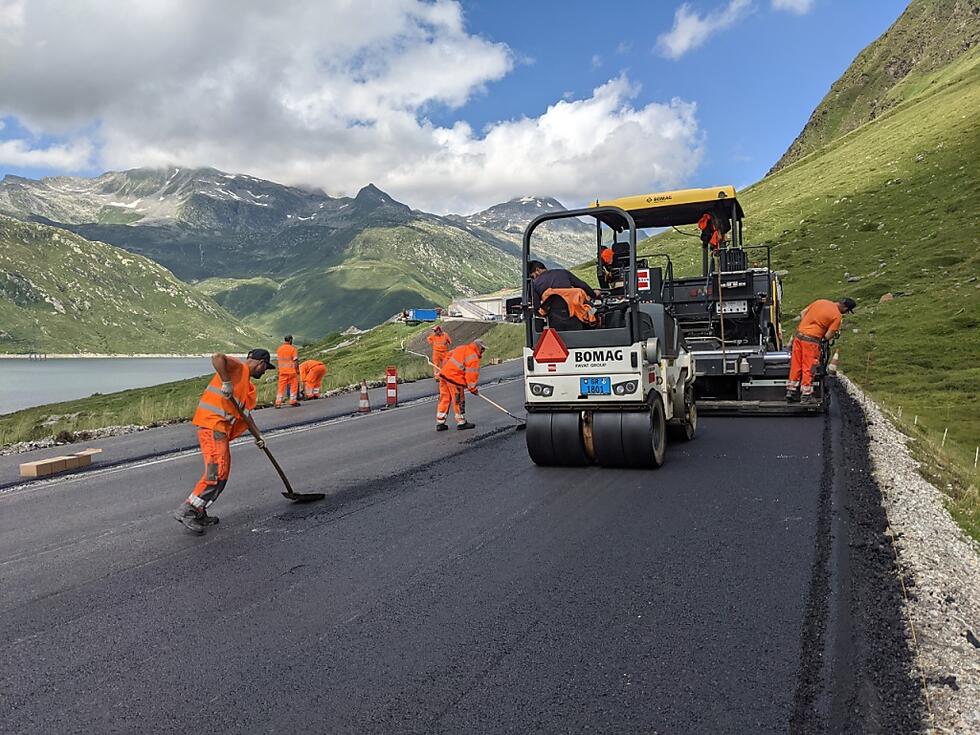A smart path into a sustainable future
Sustainability is no longer a distant dream but a present and pressing reality. Climate change and environmental degradation are forcing companies to take action. They must innovate and implement smart sustainability solutions, says Carlos Sanchez, a renowned sustainability visionary who shared with us the latest sustainability trends that can help build robust, resilient, and sustainable businesses.
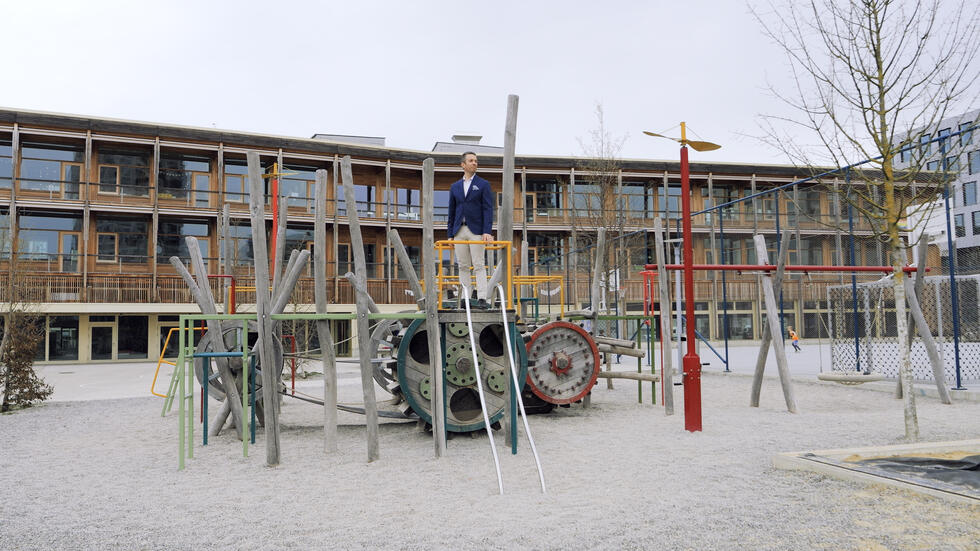
During the UN Climate Conference COP 27, António Guterrez drew an alarming picture: “Climate chaos is a crisis of biblical proportions. The signs are everywhere. Instead of a burning bush, we face a burning planet.” The UN Secretary-General likened our planet to a critical patient in an emergency room.
While the sustainability expert Carlos Sanchez acknowledges this statement, he is eager to point out that his glass is half full, not half empty, because he sees that the right measures are now being taken. “At this point, most people recognize climate change. The real question is, can we find a solution? Can we change course?” One thing is clear to him: “The consequences of climate change will be felt for decades, even if we act now and put our best efforts into it.”
At this point, most people recognize climate change. The real question is, can we find a solution? Carlos Sanchez
Carlos stresses that rather than simply pursuing a separate corporate social responsibility agenda, companies must integrate sustainability into their core business strategy. “Likewise, as citizens, our daily choices and behaviors must reflect our commitment to sustainability,” he says. Indeed, the need for sustainable practices transcends borders and sectors, making it a shared responsibility of all of us.
This collective commitment is non-negotiable if we wish to preserve our planet for future generations. It is crucial to ensure that all sustainability efforts and targets are effectively implemented and not just treated as a strategic plan. This is essentially what is meant by the concept of smart sustainability.
Carlos Sanchez recommends taking a closer look at these four sustainability trends:
1. Mandatory reporting:
A growing phenomenon in the business world is the increasing number of government regulations that require companies to disclose their sustainability initiatives. Such legislation is designed to promote transparency and accountability, encouraging businesses to adopt more sustainable practices. ESG analytics have become a prerequisite for investors, and companies are highly dependent on the accurate reporting on their material topics.
2. Impact valuation:
ESG investing used to be characterized by numerous uncertainties regarding its societal value. Now, it is evolving into what is known as impact investing. Impact valuation can help demonstrate the true effect that this form of investment can exert.
3. ESG technology:
Technology is changing the way we conduct ESG analytics and reporting. Businesses are increasingly recognizing the need for automation when it comes to managing data sources, measuring KPIs, or tracking sustainability activities. By leveraging advanced technologies, investors can gain more accurate insights into a company’s performance and decision-making capacities.
4. Net zero roadmaps:
Recent years have seen a tremendous focus on sustainability, aimed at achieving net zero emissions by 2050. In order to make significant progress towards this target, companies must assess their environmental and social impacts. They need to identify ways to reduce their carbon footprint through initiatives focusing on topics such as renewable energy sources, resource efficiency, or circularity. Net zero roadmaps provide a bulletproof baseline that can serve as a long-term strategy and benchmark for sustainability progress.
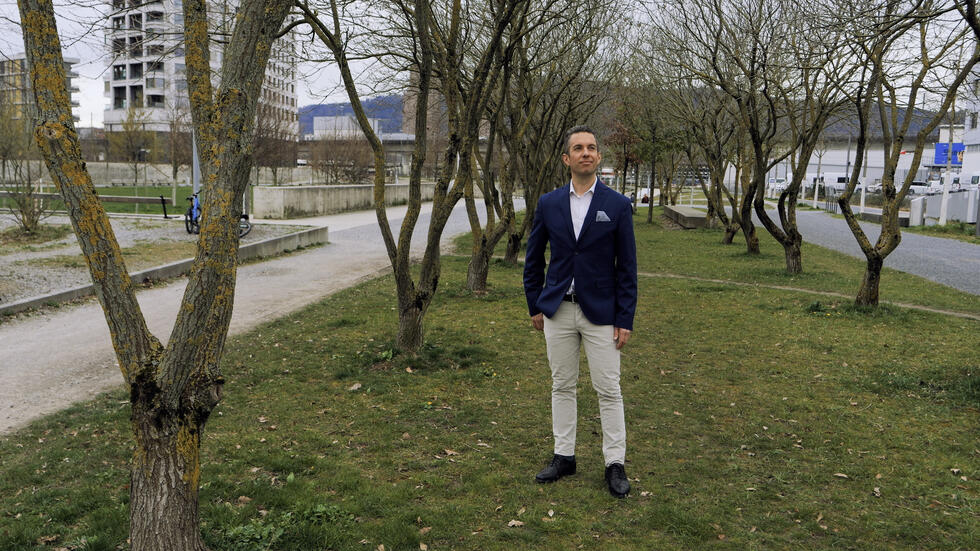
Greenwashing vs. green hushing
Sustainability efforts can be tricky, and there is a great deal of talk about greenwashing these days. This term is used to describe companies that use sustainability for PR purposes in order to whitewash their activities. On the other side, there is a new term called green hushing, where companies are too reluctant to share their efforts publicly, no matter how successful or well-intentioned they are.
There has been a significant shift in how businesses view the issue of greenwashing. They now recognize the potential risks associated with the abuse of the topic of sustainability and see the need to provide concrete evidence of the impact of their sustainability initiatives. This is driving the enhancement of corporate transparency and accountability.
Companies must go beyond simply talking about the fact that they are taking action – they need to show concrete evidence of their ESG progress through reliable metrics and disclosure. Carlos Sanchez
Companies must go beyond simply talking about the fact that they are taking action – they need to show concrete evidence of their ESG progress through reliable metrics and disclosure. When it comes to green hushing, Carlos’ advice is to be transparent about one’s efforts: “Make sure everyone understands what steps are being taken and how sustainability is advancing, including successes and failures.” This increases the stakeholders’ confidence in the authenticity of the efforts.
Ultimately, in order to achieve meaningful progress, businesses must strive to create a comprehensive culture around sustainability. This means implementing educational initiatives to promote green principles, establishing cooperative partnerships with other organizations, and creating meaningful, transparent business models.
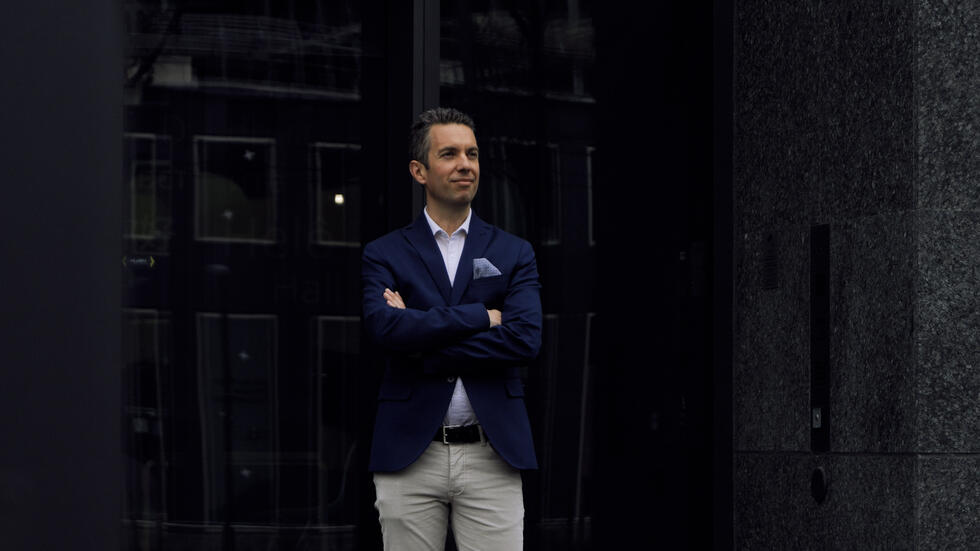
Third-party audits on the rise
The significance of data is constantly growing, and consequently also the necessity for its verification by third parties. Companies are striving for transparency, while also trying to avoid challenging situations. They must invest in the right expertise and technology to ensure data transparency and accuracy.
A well-designed audit process can provide stakeholders with credible data on the ESG performance. Results should be made available in a way that enables comparisons between sectors and individual companies. This helps identify areas of improvement and measure progress over time.
UN experts cast doubt on achievement of 1.5-degree target
“We can change our lifestyle”
Carlos Sanchez emphasizes: “In spite of all the challenges, we do have a common target that has been adopted by many countries, companies, and entire supply chains.” According to Carlos, we are moving in the right direction, but we need to step up our efforts, we need to accelerate: “I am very optimistic that we can do it. The Paris Agreement was a huge step forward, and now we have a common goal that allows us to work together to limit the consequences of climate change.”
“We must not forget that we, as individuals, can also make an impact,” Carlos says: “We can change our lifestyles, reduce our resource consumption, and consider more sustainable alternatives. This can start with small, everyday steps like switching off lights or using reusable bags. Subsequently, we can rapidly build up to larger actions, such as energy-efficient renovations, applying circular economy principles, and only traveling by plane when absolutely necessary. The rule is: start small, be persistent, and share your progress.”

The linear system is a dead end
There are several aspects that require change. Our current way of life is unsustainable, because we are in a linear system, Carlos explains: “We extract resources from nature, only for them to end up as waste. Clearly, this is not a sustainable approach, especially considering the ever-growing size and needs of the human population on our planet.” An important step is to ensure individuals have access to more information about the sourcing and production processes behind the products they buy. “Nowadays, many companies proudly state that they want to transform their industry,” Carlos says. However, he stresses how crucial it is to examine how effectively they actually fulfill their stated purpose.
Carlos concludes: “It is my hope that investors will make ever more informed choices about where to allocate their capital, as this will play a pivotal role in shaping a more circular world.” In his view, products should be designed with a circular mindset from the outset to ensure sustainability throughout their entire lifecycle.
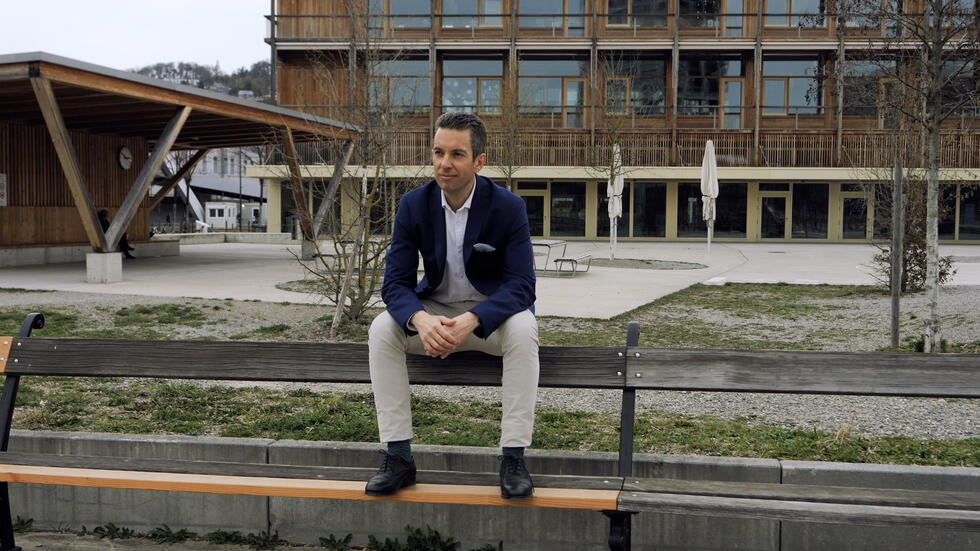
What comes to your mind about the following topics?
Renewable energy
Cheap energy and an opportunity for countries in the developing world.
Water
The next big challenge after climate change – water management is an important topic that very few people are talking about.
Megacities
The future of our society and an opportunity to improve people’s lives and make them more sustainable.
Zurich
A multinational, multicultural, and incredibly vibrant city.
Human capital vs. shareholder value
The objective used to be simply to create value for shareholders. Now, companies must think about how they can deliver value to different stakeholders and create an impact by taking sustainable action.
Quality of life
The possibility to live a happy and sustainable life.
Moving to Mars or saving planet Earth
I think we need to do both.
Greta Thunberg
An inspiring individual who has had a big impact on boosting sustainability awareness, and a great example on how young generations are taking the topic seriously.
Carlos Sanchez
Carlos Sanchez is a subject matter expert on strategies around sustainability reporting, net zero carbon emissions, circularity, renewable energy, and supply chain sustainability. He speaks at events and webinars, and provides companies, investors, and cleantech startups with consulting on climate change strategies. With his blog at www.carlossanchez.eco, Carlos educates and empowers companies and individuals worldwide and keeps them up to date on the latest corporate sustainability trends and best practices.






